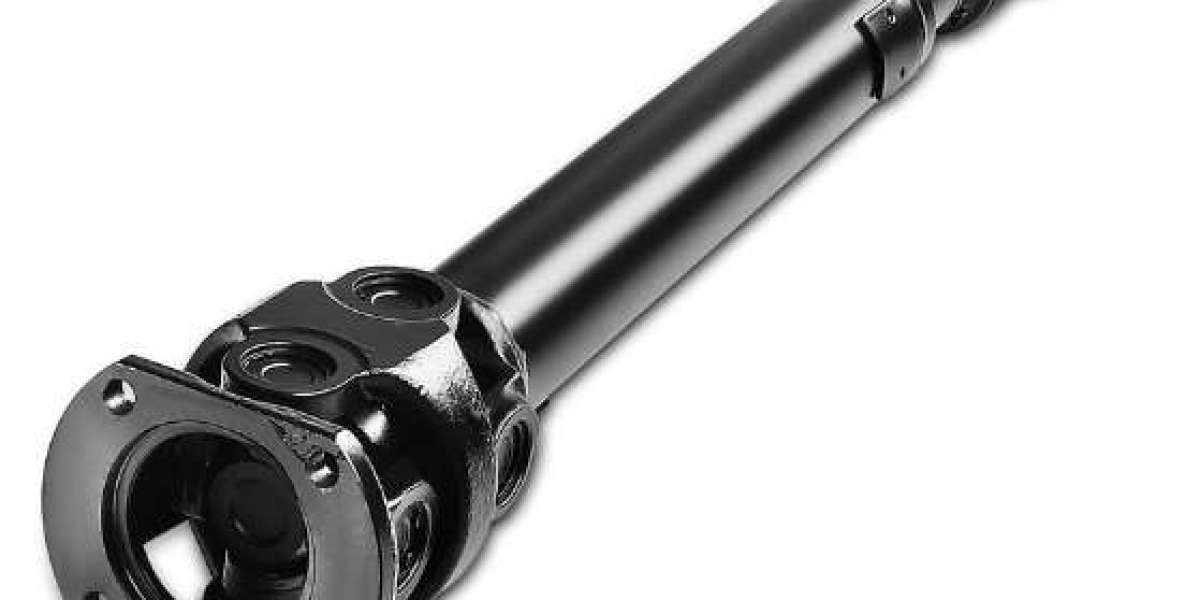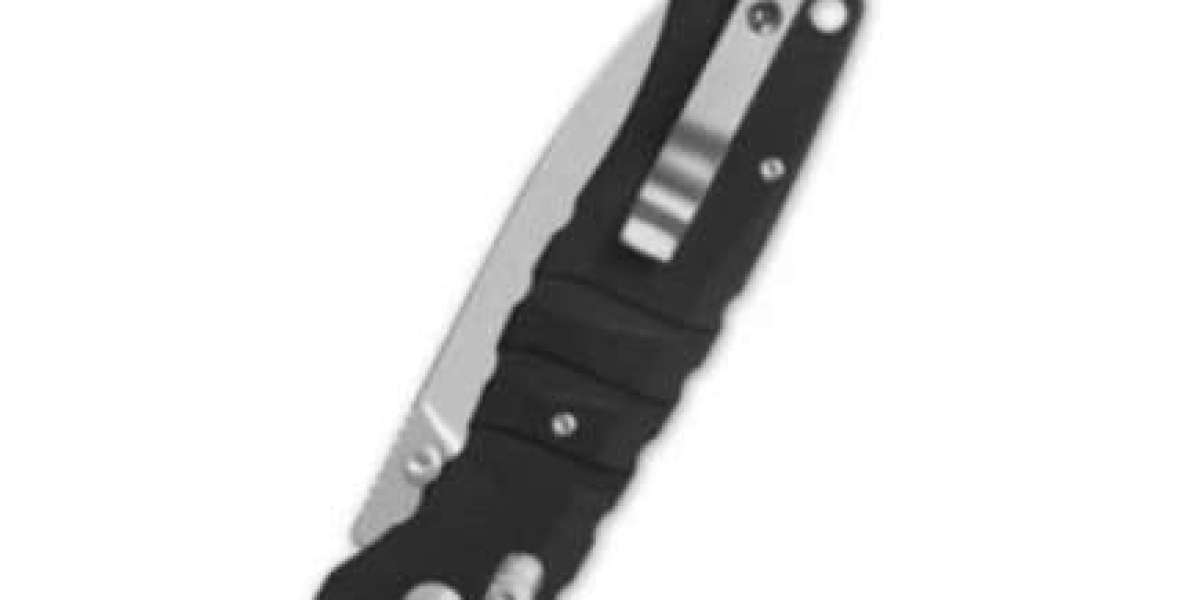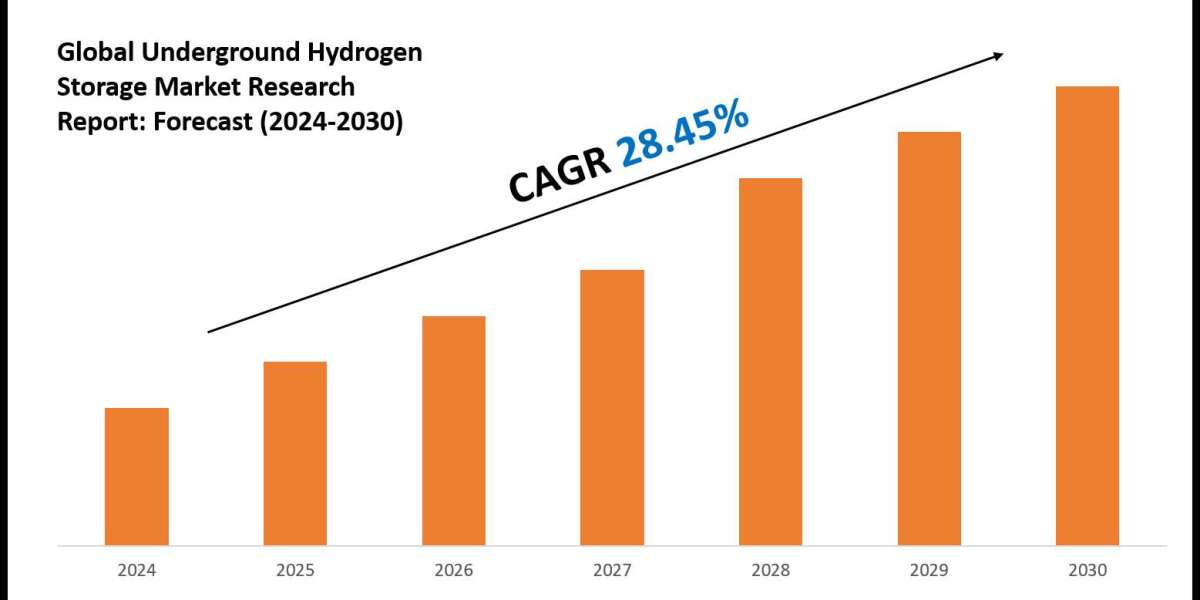The Constant Velocity (CV) axle shaft is a crucial component of your vehicle’s drivetrain, responsible for transmitting power from the transmission to the wheels while accommodating the up-and-down motion of the suspension. When it's time to replace a CV axle shaft, choosing the right one ensures optimal performance, safety, and longevity. This article outlines key factors to consider when selecting a CV axle shaft like A-Premium cv axle shaft for your vehicle.
What Is a CV Axle Shaft?
A CV axle shaft consists of a shaft with CV joints at each end. These joints allow the axle to maintain a constant speed regardless of the angle between the transmission and wheels. They’re vital for vehicles with independent suspension systems and front-wheel or all-wheel drive configurations.
Over time, CV axles can wear out due to regular use, exposure to elements, and insufficient lubrication. Common signs of a failing CV axle include:
- Clicking noises when turning.
- Vibration while driving.
- Grease leakage from the CV boot.
Factors to Consider When Choosing a CV Axle Shaft
Compatibility with Your Vehicle
The first step is ensuring the CV axle shaft is compatible with your vehicle. Refer to your car’s make, model, year, and drivetrain type to identify the correct part. The manufacturer’s specifications will provide details about length, diameter, and spline count, all of which must match the original equipment.New vs. Remanufactured
- New CV Axle Shafts: These are freshly manufactured parts designed to meet or exceed OEM standards. They’re often more durable and come with longer warranties.
- Remanufactured CV Axle Shafts: These are previously used axles that have been refurbished to function like new. While more affordable, their quality can vary depending on the manufacturer. Always choose reputable brands if opting for remanufactured parts.
Material Quality
High-quality materials ensure durability and resistance to wear. Look for CV axles made with heat-treated steel or forged components, as these offer better strength and longevity.Joint Design and Boot Durability
The CV joint is the heart of the axle, so its design and build quality are critical. Check for precision-engineered joints with high-quality grease and durable boots. The boots should be made of robust materials, such as thermoplastic or neoprene, to withstand extreme temperatures and resist cracking.Driving Conditions
Consider your driving habits and conditions. For instance, off-road driving or heavy towing requires a CV axle shaft designed for higher stress loads. Performance-oriented axles may feature reinforced joints or high-performance boots to handle extreme conditions.Brand Reputation and Warranty
Reputable brands with proven track records are a safer choice for CV axles. Additionally, look for warranties that cover manufacturing defects and provide peace of mind. Most quality CV axles come with a limited lifetime warranty.Price vs. Value
While it’s tempting to opt for the cheapest option, prioritize quality over cost. An inferior CV axle may save money upfront but can lead to premature failure, costing more in the long run.
Tips for Installation
Once you’ve selected the right CV axle, proper installation is essential for performance and safety. It’s often recommended to have a professional mechanic handle the replacement, as it involves specialized tools and precise alignment.
Conclusion
Choosing the right CV axle shaft from aftermarket car parts online is a balance between compatibility, quality, and value. By understanding your vehicle’s specifications and considering factors like material, design, and driving conditions, you can ensure a reliable replacement that meets your needs. A high-quality CV axle not only restores your vehicle’s performance but also enhances safety and driving comfort for the road ahead.



